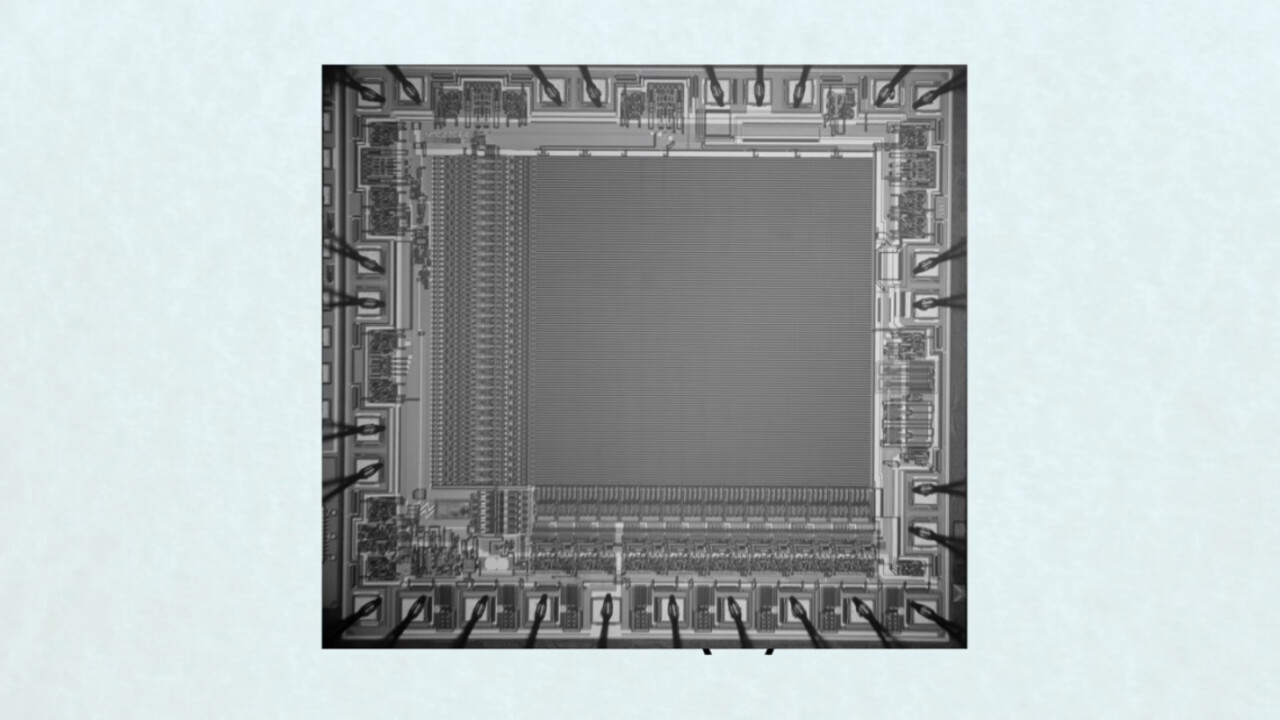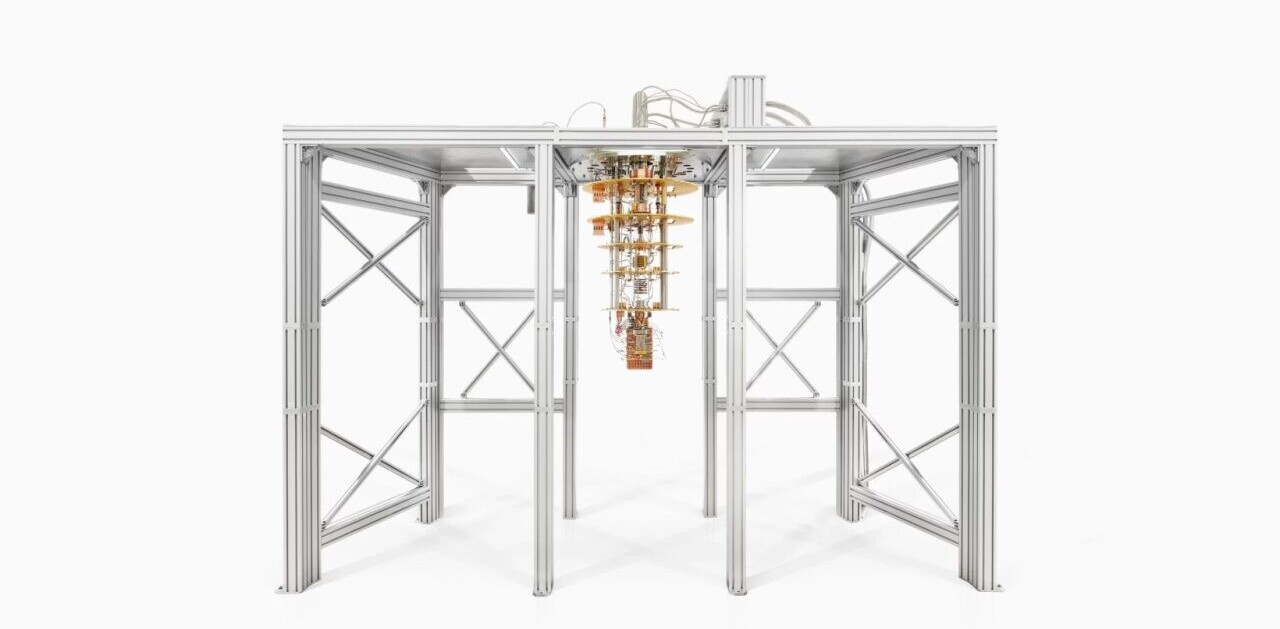
Dutch quantum computing company QuTech, in conjunction with chip-maker Intel, yesterday unveiled a programmable two-qubit quantum computer running on a silicon chip.
Quantum computers are supposed to be capable of doing things no “classical” computer could possibly accomplish, such as complex molecular simulations or unhackable communications. As we’ve said before, quantum computing could change everything (here’s what it is and why it matters).
Despite its promise, however, we’re still in the early stages of research and development. The technology is incredibly fragile, it takes up a huge amount of resources, and can only a do a few things at the moment. Essentially, quantum computers aren’t really useful yet.
Putting them on silicon chips could change that.
The researchers used a special type of qubit (the quantum version of a classical computer’s bits) called spin qubits to run two different quantum algorithms on a silicon chip.
Other quantum systems, like Intel’s breakthrough 49-qubit computer, rely on superconductive materials and near perfect-zero temperatures. A spin qubit doesn’t require either, it’s an electron that’s been agitated by microwave pulses.
While other quantum systems are closer to being useful, the idea here wasn’t to create a better computer but one that would work with existing infrastructure. Intel, it’s worth mentioning, is the world leader in silicon chip sales.
According to a white paper published by the team:
In this context, quantum-dot-based spin qubits could have substantial advantages over other types of qubit owing to their potential for all-electrical operation and ability to be integrated at high density onto an industrial platform.
These two-qubit systems are merely experimental at this point. The researchers, by running quantum algorithms on the devices, have proven the concept works. It’ll take more experimentation to develop systems at the range where they’ll be more powerful than regular computers.
It’s clear that quantum computing in the mainstream is around the bend, and we’re sure that 100 qubit systems will be here soon. But before they can exist anywhere other than laboratories someone will have to figure out a method for manufacturing them.
And silicon chips seem like a great place to start for Intel and QuTech.
Get the TNW newsletter
Get the most important tech news in your inbox each week.





